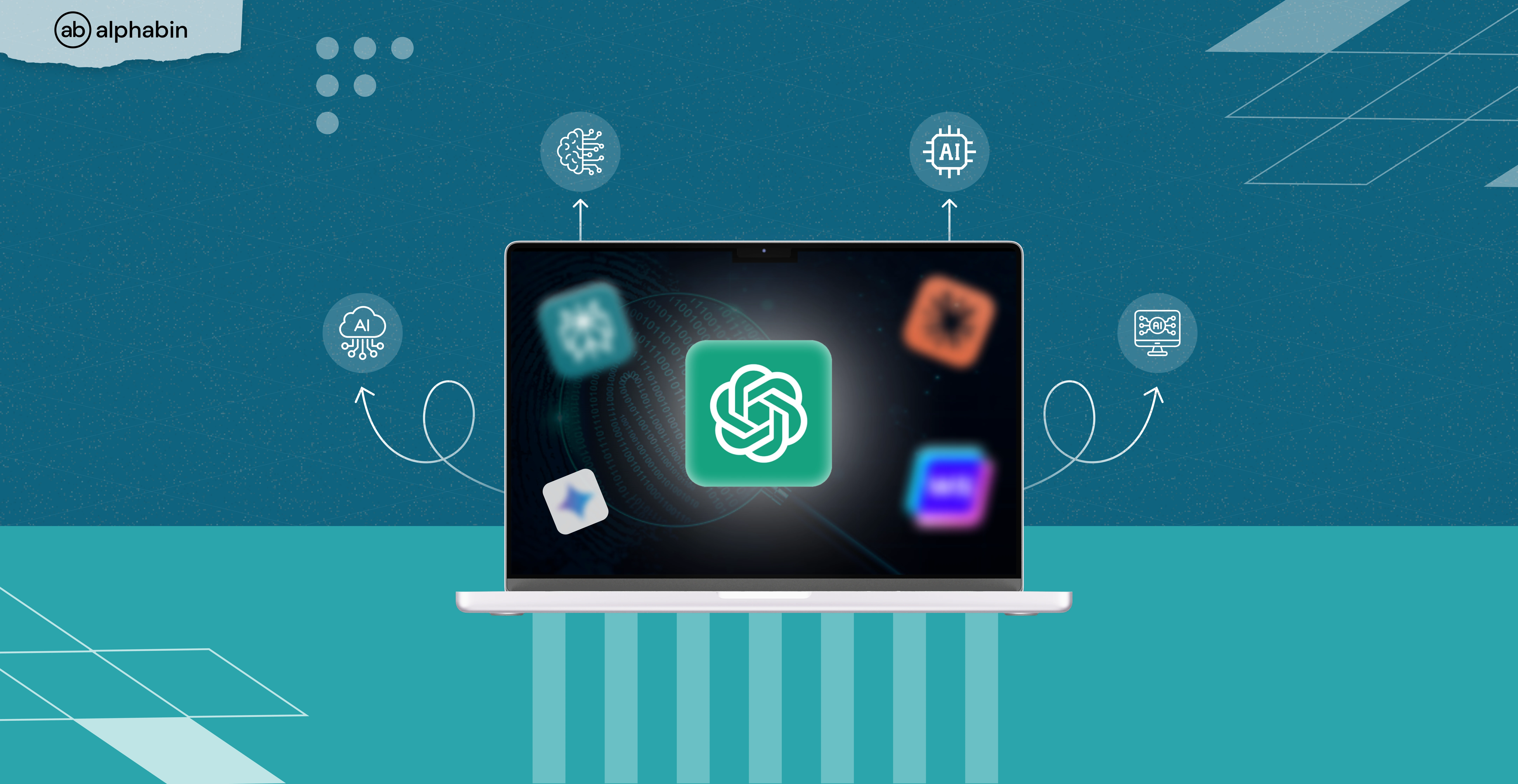Artificial intelligence (AI) has become an integral part of modern software, driving innovation across industries from healthcare to finance. However, as AI systems increasingly influence critical decisions, concerns around bias, fairness, and ethical implications have come to the forefront. Quality Assurance (QA) professionals are uniquely positioned to address these challenges, ensuring that AI systems are not only functional but also equitable and ethical.
The Ethical Challenges of AI
AI systems, particularly those leveraging machine learning, are only as unbiased as the data they are trained on. Common ethical challenges include:
- Bias in Training Data: Historical biases in data can lead to discriminatory outcomes in AI models.
- Lack of Transparency: Complex algorithms often function as “black boxes,” making it difficult to understand their decision-making processes.
- Unintended Consequences: AI systems can behave unpredictably, especially when deployed in dynamic real-world environments.
These challenges underscore the importance of integrating ethical considerations into the QA process.
{{cta-image}}
The Role of QA in AI Ethics
QA professionals can play a critical role in ensuring AI systems uphold ethical standards. Here are some key areas where QA can make a difference:
1. Data Quality and Bias Detection
QA teams can:
- Analyze Training Data: Review datasets for imbalances or biases that could affect the model’s fairness.
- Validate Data Sources: Ensure data is collected ethically and represents diverse populations.
- Simulate Edge Cases: Test how the AI performs across different demographic groups and scenarios.
2. Algorithm Transparency and Explainability
QA professionals can collaborate with developers to:
- Test for Explainability: Verify that the AI system can provide understandable explanations for its decisions.
- Validate Model Interpretability Tools: Ensure tools used to interpret AI decisions are accurate and reliable.
3. Ethical Guidelines and Compliance
QA can help organizations adhere to ethical guidelines by:
- Implementing Ethical Test Cases: Develop tests that measure compliance with ethical standards.
- Ensuring Regulatory Compliance: Verify that AI systems comply with laws such as GDPR and other industry-specific regulations.
4. Continuous Monitoring and Feedback
QA doesn’t end at deployment. Teams must:
- Monitor AI Behavior: Continuously track system performance to identify and address unintended biases or failures.
- Incorporate User Feedback: Actively gather feedback from users to refine the system and address ethical concerns.
Best Practices for QA Teams
To effectively ensure AI ethics and fairness, QA teams can adopt the following best practices:
- Cross-Functional Collaboration: Work closely with data scientists, developers, and product managers to address ethical challenges holistically.
- Invest in Training: Equip QA professionals with knowledge of AI technologies and ethical frameworks.
- Leverage Specialized Tools: Use tools designed for testing AI fairness, such as IBM AI Fairness 360 or Microsoft’s Fairlearn.
- Document and Communicate: Maintain clear documentation of ethical testing efforts and communicate findings to stakeholders.
The Bigger Picture
Ensuring AI ethics is not just a technical responsibility—it’s a societal one. By prioritizing fairness and transparency, QA teams contribute to building trust in AI systems and fostering their responsible adoption.
In the rapidly evolving world of AI, the role of QA is expanding beyond traditional boundaries. By championing ethics and fairness, QA professionals can ensure that AI systems benefit all users equitably, paving the way for a more just and inclusive digital future.



.svg)


.svg)









